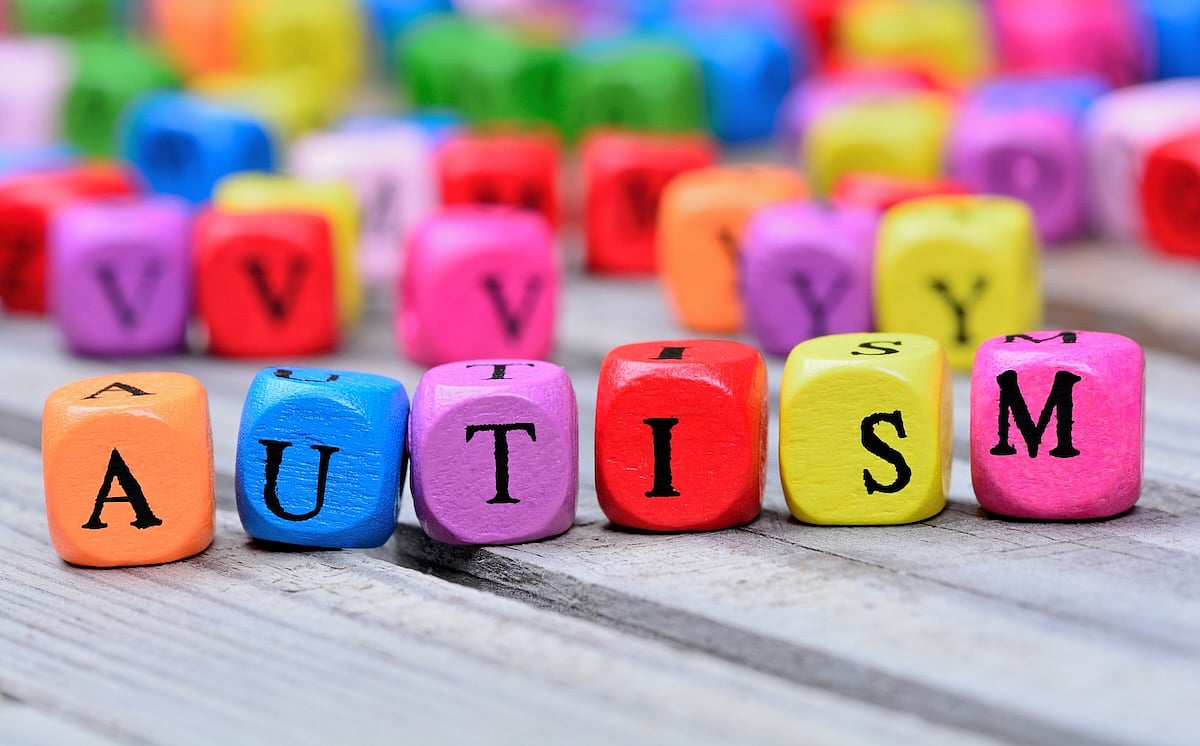Don't let the FLU BUG get you! Get your Flu Shot today!!!
Download our Mobile App!
Manténgase sano!

- Posted August 13, 2025
Parents' Workplace Chemical Exposure Might Influence Child's Autism
A child’s symptoms of autism might vary according to their parents’ exposure to workplace chemicals, a new study says.
On-the-job chemical exposure among moms and dads prior to a child’s birth was significantly linked to increased autism severity, worse behavioral issues and poorer cognitive performance, researchers found.
“Our findings suggest that parental exposure to certain workplace chemicals during key fetal development periods may influence not just autism likelihood, but also severity and functioning outcomes for children with autism,” lead investigator Erin McCanlies said in a news release. She’s a research epidemiologist with the U.S. Centers for Disease Control and Prevention (CDC).
For the study, researchers analyzed data from more than 500 families involved in a large long-term study of autism.
The team assessed the job histories of both mothers and fathers, from three months prior to pregnancy through to their child’s birth.
Based on those jobs, researchers estimated parents’ exposure to 16 chemicals or agents, including plastics, car fluids, disinfectants, medicines and other chemicals.
This exposure then was compared to each child’s autism severity scores, using the “gold standard” diagnostic assessment of autism, said senior researcher Irva Hertz-Picciotto, a professor of public health sciences at the University of California-Davis.
Different chemicals were associated with different autism symptoms:
Plastics and polymers were linked to poorer cognitive performance, reduced adaptive skills and increased behavioral problems like hyperactivity and social withdrawal.
Ethylene oxide, a sterilizing agent for medical devices, was linked to higher autism severity and weaker daily living skills.
Phenols were linked to increased autism severity and worse behavioral symptoms like hyperactivity, repetitious movements or vocalizations.
The strongest cognitive deficits among autistic children were linked to fathers’ job exposures to plastics and polymers, results show.
“This research shows that workplace safety isn’t just about protecting the worker — it’s also about protecting their future children,” Hertz-Picciotto said in a news release. “We must consider how workplace chemicals might affect the next generation.”
However, researchers said more study is needed to verify and better understand the links between chemical exposure and autism. The design of this study could not prove a direct cause-and-effect relationship, they noted.
The new study was recently published in the International Journal of Hygiene and Environmental Health.
More information
The U.S. Centers for Disease Control and Prevention has more on autism.
SOURCE: University of California-Davis, news release, Aug. 8, 2025







